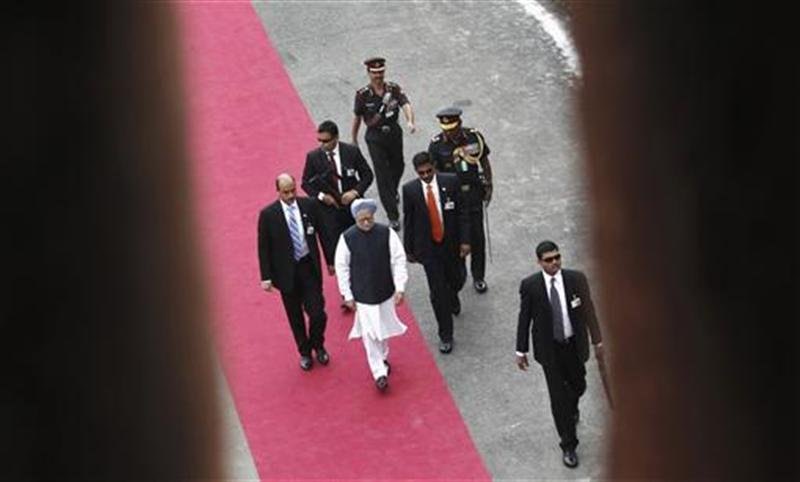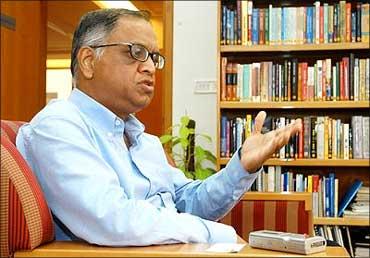On November 8, Prime Minister Modi decided that all ₹500 and ₹1000 notes were not to be legal tender from midnight onwards. This pushed even those who did not have black money to rush and offload these stacks.
A lot has been said and discussed on the subject, and it is rather obvious that the PM's populist move, and the false premise of how such money is used for terror funding, is not going to work this time.
What the overnight tamasha has done, though, is to challenge the social dynamics of class. Suddenly, anybody not categorised as poor is assumed to be rich.
I did not suffer because I did not have too many old notes with me. Just ₹15,000. The just is deliberate when you consider that four people in India would survive on this much for one month. As though this is not humbling enough, there have been stories of deaths, violence, illness, quarrels, hunger, of marriages postponed, of empty markets, half-stocked stores...people are affected.
I thought I was the affected, too. On the first day, I landed up at the bank. This was most unusual for me. I suspect I wanted to experience the moment. A friend I bumped into said, "Why do you need money? I thought you lived on ideas."
"Yes. But what if right now that idea is money?"
In the queue I did not see any poverty. In keeping with its international reputation, the bank was plying us with tea and coffee. We, the few people ahead and behind, were jokey and relaxed. We were more concerned about Americans under Donald Trump. But live jokes can't be played in a loop. After an hour and a bit, I gave up.
My banking is these days restricted to using the ATM. One is in control there and not waiting before a teller who will scrutinise your cheque to authenticate whether your money is indeed yours.
***
The doctor did not have a credit card swiping machine. His secretary pointed at a bundle of notes that were used to return as change. I didn't have the cash and I had got this appointment after a month. "You stay quite nearby, don't you? Then you can issue a cheque."
"Oh, that would be nice. I'll be back soon."
"We have that much trust in you."
I wondered why I was trusted. This was my first visit, we did not know each other. Trust in social situations is based on class factors - I wore a fragrance, was reasonable dressed, seems educated, and spoke in English. Would this courtesy have been extended to a person who would speak in Hindi or Marathi, who would be shabbily dressed?
We, all of us, judge people on superficial aspects. It isn't always wrong to do so, but is it a foolproof yardstick?
***
Eight days later when I managed to get the new notes, I had my first encounter with the streets. At a small store where I made some purchases, I told the seller that I had the ₹2000 notes and he would have to get me the change and, no, I would not accept the old currency. In the next ten minutes he had tapped people around his store and brought me the change, some in ₹10 denomination.
He was accepting old money because he had no choice. "I wait in the bank for 4 hours to exchange and then come here. Can't afford to lose clients."
"But there is a limit to the amount changed..."
"We try all sources...different banks, different people."
***
At the signal, a eunuch approached me. "Dus, bees rupaiyya de do, sab achcha hoga..."
For 10-20 bucks I was being promised utopia. I had no change and said so.
"To phir 500 de do, saree khareed loongi aur tumko yaad karoongi..."
For 500 bucks, I'd be remembered by a eunuch.
This was an unusual barter, especially since I have an inbuilt need to be forgotten.
***
Any such upheaval brings forth genuine sympathy, and then there is a segment that will ride on it. On public fora, such displays reek of opportunism where this becomes one more chance to build up a samaritan profile.



















